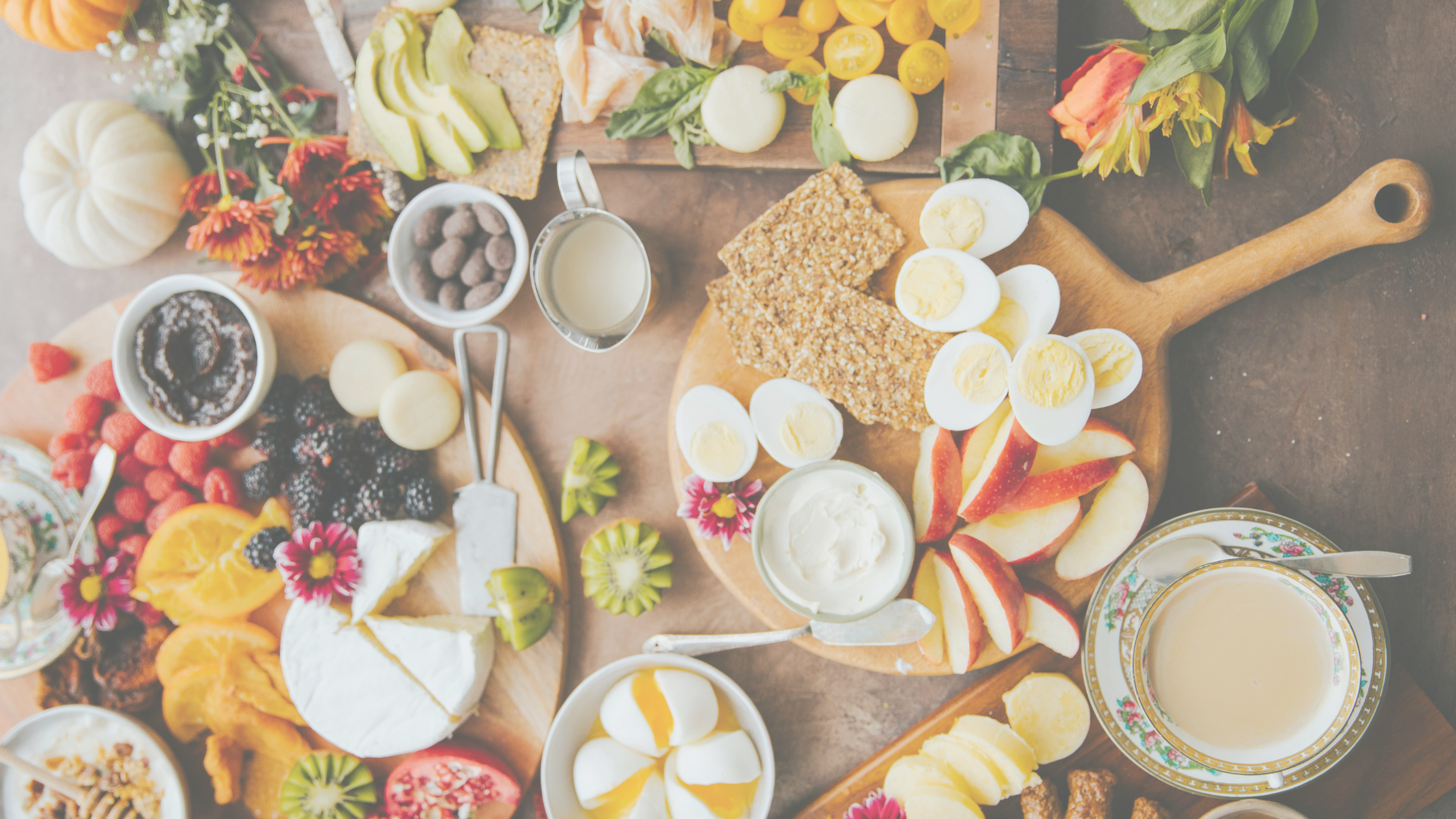
Adult Picky Eating | How Does It Happen?
What pops into your head when you hear “picky eating”? Is it a child stubbornly rejecting a plate of broccoli, or perhaps a teenager giving a disapproving glance at a meal? If you’re not personally a picky eater, you might find yourself puzzled or slightly irritated by such behavior. On the other hand, if the thought of navigating a dinner menu makes you anxious, you likely have a complex mix of feelings about being labeled as picky—many of which might involve a sense of shame.
You probably found your way here by searching “Why am I a picky eater?” or “Why are some people so picky?” Whether you are an adult who struggles with picky eating or someone trying to understand a picky eater in your life—be it your child or a friend who seems overly fussy—you’re in the right place.
Let’s dive into what picky eating really is, who it affects, and why it’s easier to overcome than you might think.
What is Picky Eating?
Picky eating is characterized by selective eating habits driven by an aversion to certain textures, tastes, or even colors of food. Picky eating habits are usually associated with children, since food aversions usually appear early in childhood, around 12-18 months. Many children grow out of selective eating habits, but picky eating can persist into adulthood.
For adults, picky eating becomes more than just disliking certain foods. Adults who are picky eaters often experience anxiety, especially in social situations involving food, which can lead to stress at gatherings where food plays a central role. This anxiety can stem from fear of judgment or because they simply struggle to find suitable options that fit their palette.
Emotionally, adult picky eaters may feel isolated or embarrassed by their eating habits. This can affect personal relationships, as eating together is a key component of socializing in many cultures. Furthermore, the frustration of not being understood or accommodated can lead to feelings of alienation.
What Causes Picky Eating In Adults?
There actually isn’t a ton of great content available on the internet regarding adult picky eating. So, this question was actually pretty hard to find a set-in-stone, “this-is-definitely-the-right-answer” answer. Over the years, I have lost count of the number of times I have researched what causes picky eating in adults. Unfortunately, there still isn’t much of a consensus.
Here are some of the answers I’ve found:
- Mental illness: Some studies found that picky eaters exhibited more OCD symptoms, were more sensitive to disgust, and showed a greater fear of trying new foods, known as food neophobia. They were also more likely to have symptoms within the clinical range for depression.
- Genetics: Your food preferences can actually be inherited. For example, if your parents have a strong dislike for broccoli or a love for spicy foods, there’s a chance you might feel the same way. This genetic influence affects how we perceive tastes; certain genes can make us more sensitive to flavors like bitterness, which could explain why some people steer clear of bitter vegetables.
- Trauma: Some people may have experienced instances in childhood where they were forced to eat certain foods against their will. Being forced to eat can create feelings of discomfort, anxiety, and even powerlessness. As a result, adults who have experienced forced feeding may develop aversions to the specific foods they were compelled to eat.
To be honest, most cases of picky eating I have encountered have been due to a combination of the above reasons: the picky eater in question was force-fed nasty food as a child, which created a negative association, and eventually a fear of trying unfamiliar foods. And that leads me to what I believe is a major issue with picky eating that no one talks about enough:
Bad Cooking.
How To Stop Being So Picky
Learn to cook.
No, seriously. Learn to cook. When you cook your meals, you have complete control over what goes into them. You can start small by adding a pinch of new spice to a familiar dish! Or, you can try adding a new vegetable to a recipe you already enjoy. As you become more comfortable in the kitchen, you can gradually introduce new ingredients and dishes into your diet. Plus, if you cook your meals yourself, you’re more likely to develop positive associations with those foods.
Essentially, this is a form of exposure therapy, which is one way that mental health professionals treat individuals with picky eating habits that they want to overcome.
Overcoming Adult Picky Eating Isn’t Miserable – And I Can Prove It
Let me introduce myself: My name is Haley, and I am what I like to call a reformed picky eater. Growing up, I’d only eat a handful of things, and trying new foods made me super anxious. It wasn’t just a phase; it stuck with me into adulthood, and it wasn’t fun. Anytime there was food involved in plans with friends or family, I’d feel this knot of anxiety in my stomach.
So, during my first year of college, about six years ago now, I decided to research picky eating in adults. And let me tell you, it there wasn’t much out there. Most of what I found wasn’t from the perspective of someone who actually dealt with it. Most of my findings were WebMD articles, or interviews with “picky eaters” that I’m not so sure existed. This isn’t the fault of the writers or researchers. Not many people want to chat about their picky eating habits. If the average picky eater is anything like me, they’re embarrassed and frustrated… not interviewing with the New York Times.
Thankfully, I had an amazing support system in my family and friends.
They cheered me on as I worked to expand my palate and actually enjoy healthy foods. My goal wasn’t just to choke down whatever was on my plate; I wanted to genuinely like the food I was eating. But let me tell you, it wasn’t a walk in the park. Trying new foods was stressful, and a lot of times, it didn’t go so well. I had to learn to be okay with not liking everything I tried, and I had to get used to foods prepared in different ways.
But you know what really turned things around for me? Learning how to cook. Seriously, it was a game-changer. When I started experimenting in the kitchen, I gained a whole new appreciation for food. I could control how things were seasoned and cooked, which made trying new foods way less intimidating. Plus, when I cooked something myself, I felt this sense of pride and accomplishment! Even if it didn’t turn out perfect, it felt like a win just to try.
Don’t get me wrong, there are still plenty of foods I don’t like and won’t eat. However, with time and persistence, I am no longer afraid of trying new foods and I can rest easy knowing that I can always find something on the menu that I will genuinely enjoy.
If I can do it, anyone can.
Welcome to “From Nuggies to Nourished”, a blog for picky eaters written by someone who gets it.




Comments
One response to “Adult Picky Eating | How Does It Happen?”
[…] more insights into why adult picky eating occurs, check out my blog post, “Picky Eating In Adults | How Does It Happen?” where I explore the complexities of this issue based on personal experience and the limited […]